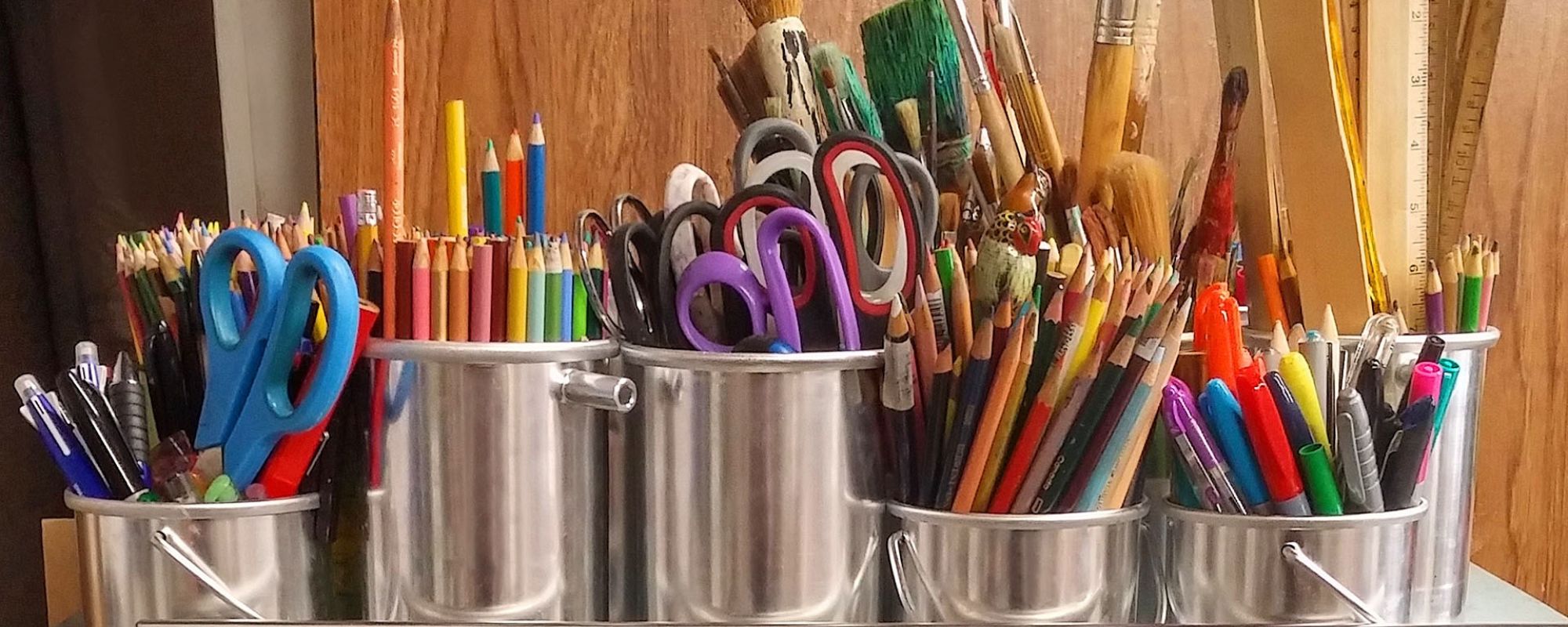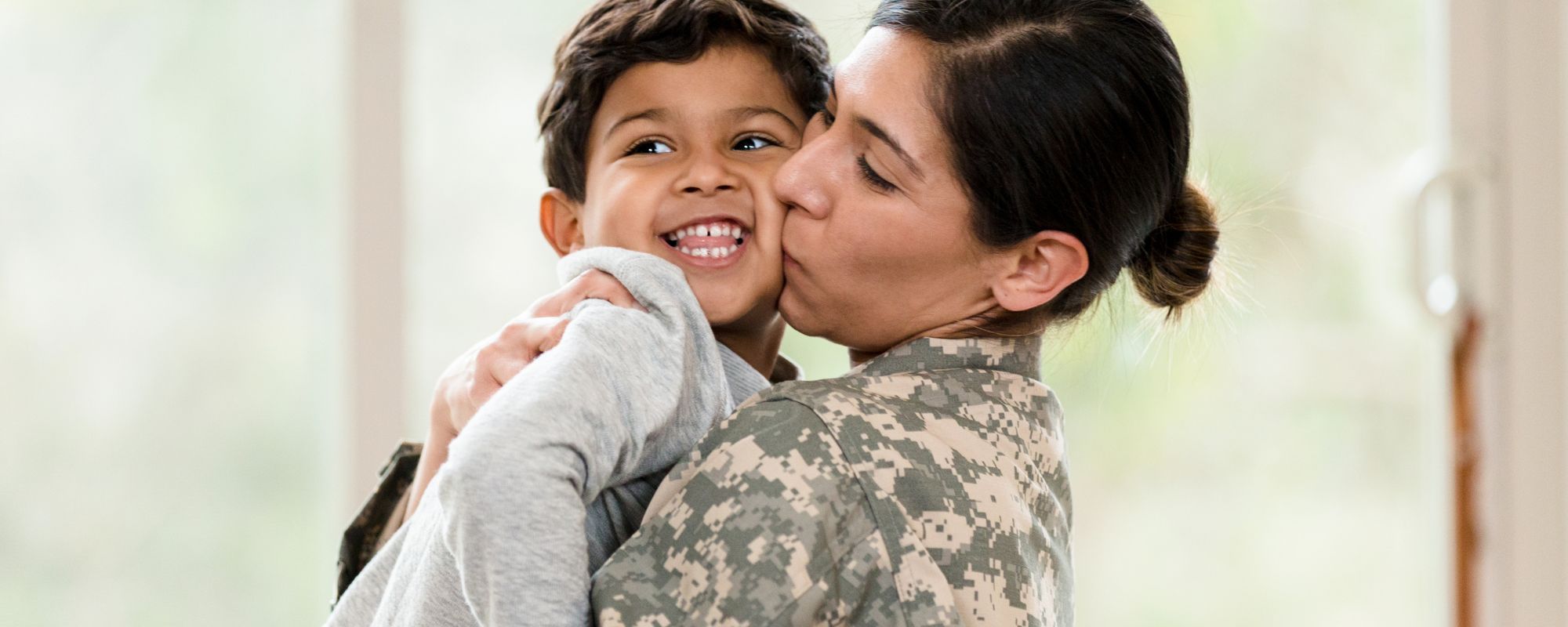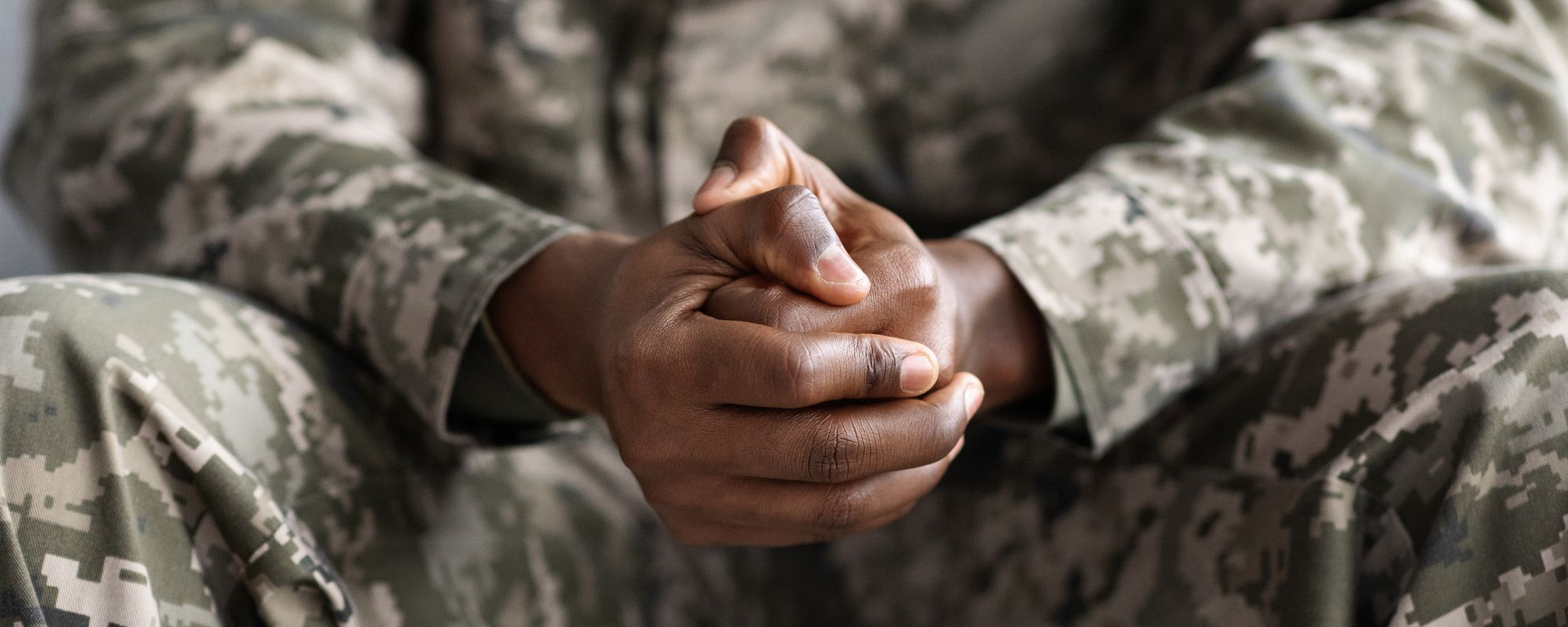At Aliya Veterans, we serve veterans and first responders who face the long-lasting effects of posttraumatic stress disorder (PTSD), addiction, and other mental health challenges. For many, traditional talk therapy isn’t enough to process combat-related PTSD, acute stress disorder, or traumatic events. That’s why we integrate art therapy trauma practices — especially trauma PTSD drawing — as part of a whole-person approach to healing.
Art therapy exercises provide more than creative outlets — they unlock buried memories, promote positive emotions, and offer a sense of control for those who often feel powerless in the face of overwhelming PTSD symptoms. This article explores how trauma-informed art therapy, in combination with other modalities like cognitive processing therapy, can lead to meaningful and lasting trauma recovery.
What Is Trauma PTSD Drawing?
Trauma PTSD drawing is a type of art therapy exercise used in treating stress disorder PTSD, acute stress, and complex PTSD. By expressing difficult thoughts and emotions visually, veterans and first responders can process traumatic stress without needing to immediately relive the experience through words.
The power of art therapy lies in its ability to gently access repressed or unspoken emotions. Drawing can be used to explore:
-
Trauma narratives
-
Memories through art
-
Triggers and emotional reactions
-
Recovery goals and future self-portraits
As part of a broader trauma therapy plan, drawing provides a structured yet nonverbal way to confront and reshape one’s relationship with past traumatic events.
Get confidential help from our addiction and mental health treatment facilities located across the United States. Call to join one of our quality programs today!
Speak With Our Admissions Team
Why Trauma PTSD Drawing Helps Heal Posttraumatic Stress
PTSD symptoms — such as hypervigilance, flashbacks, emotional numbness, and anxiety — can be debilitating. In many cases, especially with combat-related PTSD, survivors feel trapped in cycles of reliving the trauma or avoiding it altogether.
Art therapy, particularly trauma PTSD drawing, offers relief by:
-
Reducing stress levels and emotional arousal
-
Supporting the development of new coping skills
-
Promoting relaxation through creative flow
-
Allowing access to deeply rooted traumatic stress
This process doesn’t erase the trauma, but it helps individuals transform their relationship with it — an essential part of ptsd recovery.
The Science Behind the Healing Power of Art
Neurologically, trauma affects regions of the brain responsible for language and memory — especially during acute stress. That’s why it’s often so difficult to talk about trauma. But drawing and visual expression activate different neural pathways.
Research in arts in psychotherapy shows the effectiveness of art therapy in promoting healing by:
-
Calming the amygdala (the brain’s fear center)
-
Engaging the prefrontal cortex for better decision-making
-
Strengthening emotional regulation
-
Encouraging the integration of fragmented memories
By working with memories through art, participants begin to reframe their trauma narrative — a critical step in cognitive processing therapy and other treatments of PTSD.
Looking for quality treatment for substance abuse and mental health that’s also affordable? Aliya Veterans treatment facilities accept most major insurance providers. Get a free insurance benefits check now!
Check Your CoverageArt Therapy Trauma Programs at Aliya Veterans
At Aliya Veterans, we use art therapy trauma sessions as part of our trauma-informed care model. Every therapy session is facilitated by trained clinicians and licensed art therapists who specialize in stress disorders, posttraumatic stress, and combat-related PTSD.
Participants engage in:
-
Trauma PTSD drawing exercises tailored to individual needs
-
Group-based art therapy to reduce isolation and promote empathy
-
Integrative work combining cognitive processing therapy, art therapy, and mindfulness
We create an environment that fosters the healing power of art, allowing each person to express themselves safely and without judgment.
Integrating Art with Evidence-Based Treatments
While powerful art therapy can stand on its own, it’s even more effective when combined with proven treatments like:
-
Cognitive Processing Therapy (CPT) – Helps reframe negative beliefs linked to trauma.
-
Narrative Exposure Therapy – Builds a coherent trauma narrative.
-
CBT and DBT – Develop coping skills and emotional regulation.
Through this multimodal approach, we address the psychological, emotional, and physiological aspects of posttraumatic stress disorder.
The Results: Restoring Identity and Promoting Positive Emotions
Veterans and first responders who engage in trauma PTSD drawing often experience:
-
A greater sense of control over their emotions
-
Deep emotional breakthroughs without the need for verbal recall
-
A return to positive emotions like joy, hope, and connection
-
A renewed sense of identity beyond trauma
They learn that healing power doesn’t always come from talking — sometimes it comes from creating.
Aliya Veterans: Art Therapy as a Path to PTSD Recovery
At Aliya Veterans, we honor the service of our patients by walking with them through their recovery. Our comprehensive treatment for PTSD, addiction, and co-occurring disorders includes:
-
Trauma PTSD drawing and other art therapy trauma programs
-
Individual and group therapy sessions
-
Holistic practices like mindfulness, movement, and nature therapy
-
Structured support for both acute stress disorder and long-term complex PTSD
We believe in the power of art — not as a replacement for therapy, but as an essential part of it.
Call to Action: Begin Your Journey Today
If you or someone you love is living with stress disorder PTSD or struggling after traumatic events, we’re here to help.
Let the healing power of art guide your next steps. Contact Aliya Veterans today to explore our trauma-informed programs and discover how trauma PTSD drawing can support your path to recovery.


- Healthy Holiday Routines: Maintaining Structure, Sleep, and Self-Care When Your Normal Schedule Changes - November 12, 2025
- PTSD Treatment in Irvine, CA: A Veteran‑Focused Path to Healing - November 5, 2025
- PTSD Rehabs in California: Specialized Trauma Recovery for Veterans and First Responders - November 5, 2025












